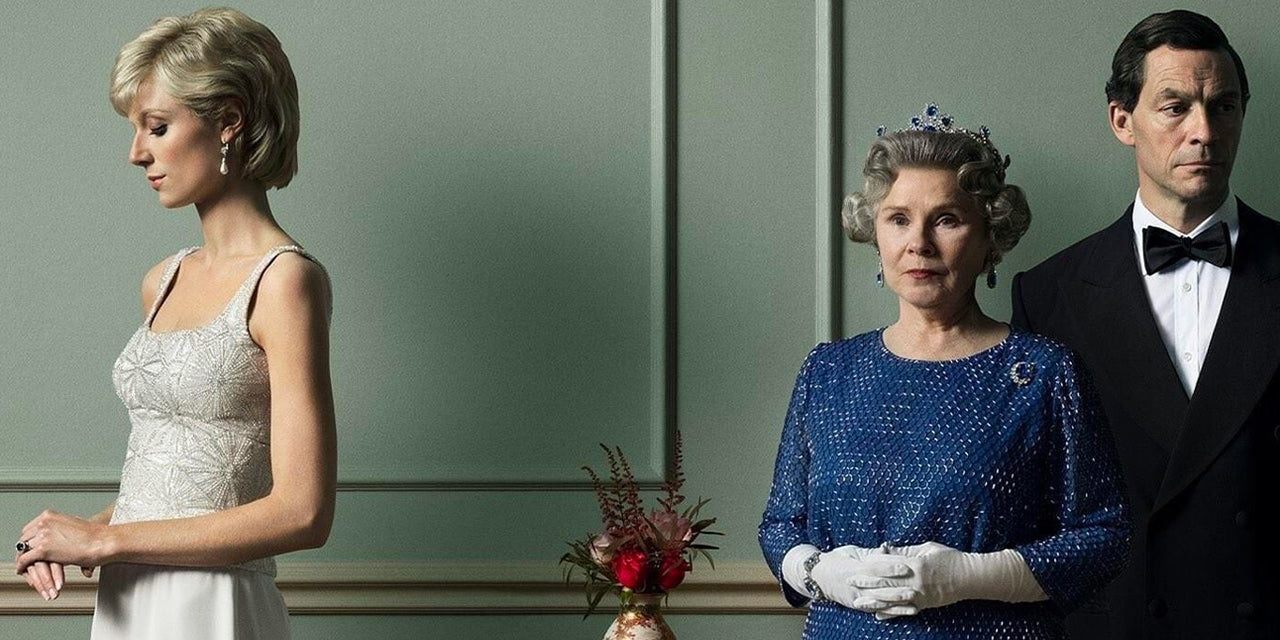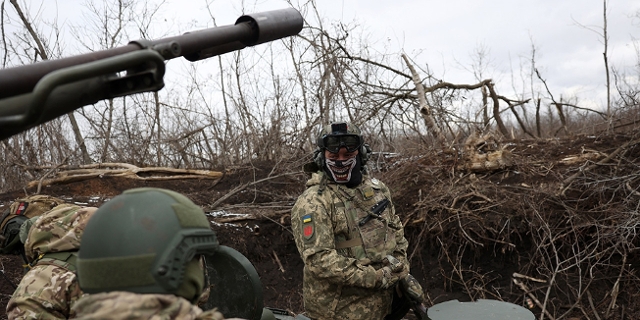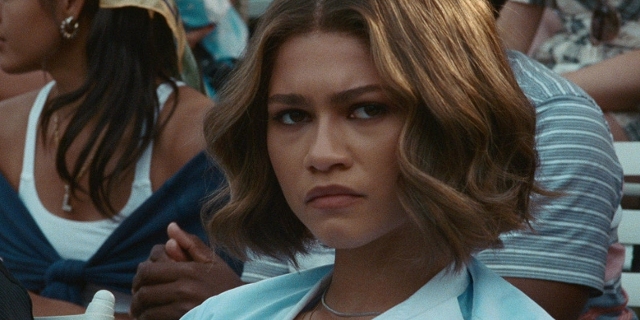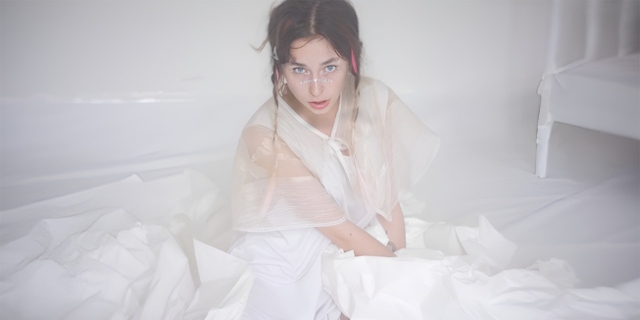„The Crown“: Season 5 - Too Close For Comfort?
There is a melancholy moment that – brace yourselves young’uns – surely strikes us all one day. It is that moment when you are suddenly confronted with the brisque and brusque passing of time. The moment when you notice the sweet dew of youth has evaporated under the sharp light of Mother Time.
For me this moment came when I tuned into the brand-new season of „The Crown“ and saw that Britain’s greyest of grey Tory Prime Ministers John Major (who signed my cricket bat when I was 11 years old) was being portrayed by Johnny Lee Miller.
Yes, I do mean the very same Johnny Miller who was (and will always be) Sick Boy in „Trainspotting“. The man who was once cast of a symbol of the destructive insouciance of the 1990s is now cast as a Tory grandee who was a flailing Prime Minister in the year „Trainspotting“ was released. My depression could only have been worse, had Liam Gallagher morphed into a daytime TV presenter in a show about antiques.
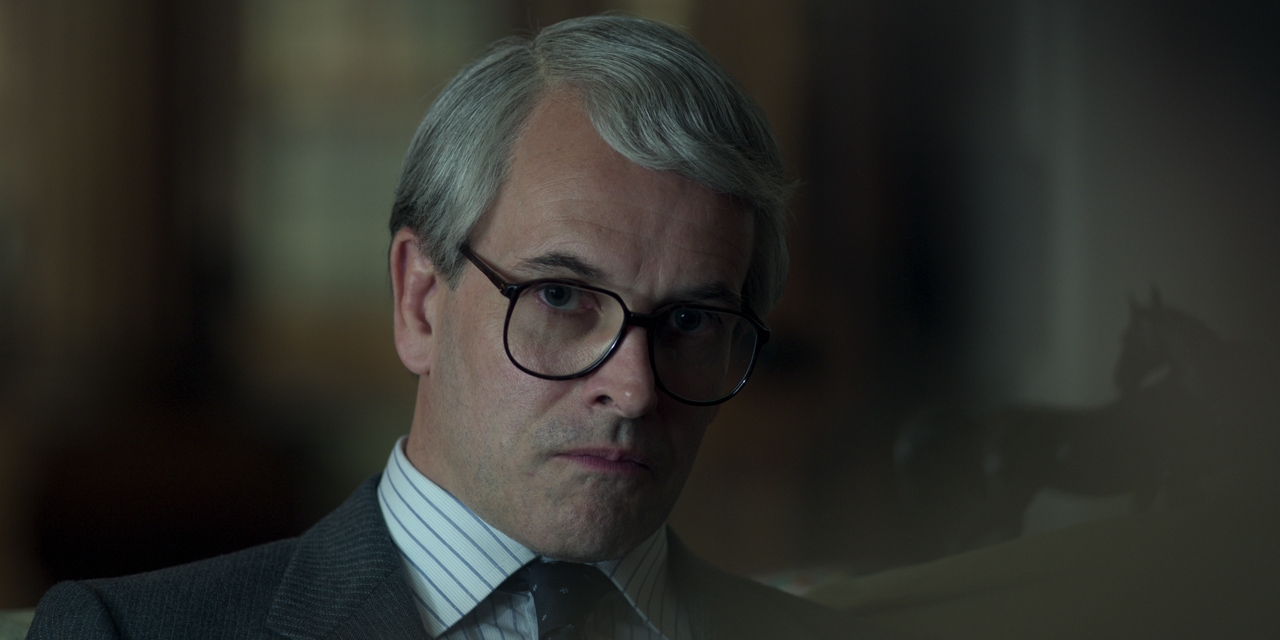
Netflix
„When yellow leaves, or none, or few, do hang“
The passing of time is the opening theme of „The Crown“: Season 5. It’s a downbeat continuation of Netflix’s hit show which was released this week only a couple of months after the passing of its main subject Queen Elisabeth II. She, who we are reminded of in a nostalgic black-white-opening, was once the ocean-eyed glamorous young woman played by Claire Foy. Now she is dowdy, severe, and played by Imelda Staunton, the voice of Aunt Lucy in „The Paddington“ films that the Queen is said to have loved. She has verruca plasters on her feet and helmet hair. She is as glamorous as a night out at the Kegelbahn.
Ageing is never fun, not even for radio stations, and all of this makes „The Crown“ a much more difficult watch and a much more controversial series that its predecessors. It is about an old Queen with an obnoxious family and that touches quite close to the bone. It is the old Queen and the God-awful Royal Family we remember from our tabloids, not the imagined one from the time before most of us were born.
Too Soon? Too Disrespectful?
Given that the Queen has just died and given that there was a genuine sense of loss and mourning in the UK and beyond, many critics see it as impious to watch her as a fictional character on screen getting her blood pressure measured in a frumpy nightgown while being gently berated for her weight-loss. Having queued around the clock to pass her coffin, some Brits are going to find it strange to watch her doing the human, unsaintly things that we all do, such as grumble and bitch while watching the TV news.
For example, there’s the example of former PM John Major. Far from being flattered by being depicted someone as handsome as Johnny Lee Miller, is outraged. He has written an angry letter to The Daily Telegraph complaining that the new season of „The Crown“ „will be profoundly hurtful to a family who are still grieving for the very person on whose life the entire drama was founded“. He has taken particular exception to a scene in which it is hinted Charles wanted his help in persuading Elizabeth to abdicate to pave way for a premature Charles III.
This annoyed Major so much that says there should be a disclaimer loudly proclaiming that we are watching a fiction not a documentary. He doesn’t trust that the general public can tell the difference on their own. Forgive him. A man who fronted the toxic Tory Party and won the 1992 general election despite his lack of any discernible charisma, is always likely to see the general public as gullible, naïve, and incapable of independent fact-checking. But, in his defence, he did sign my cricket bat.
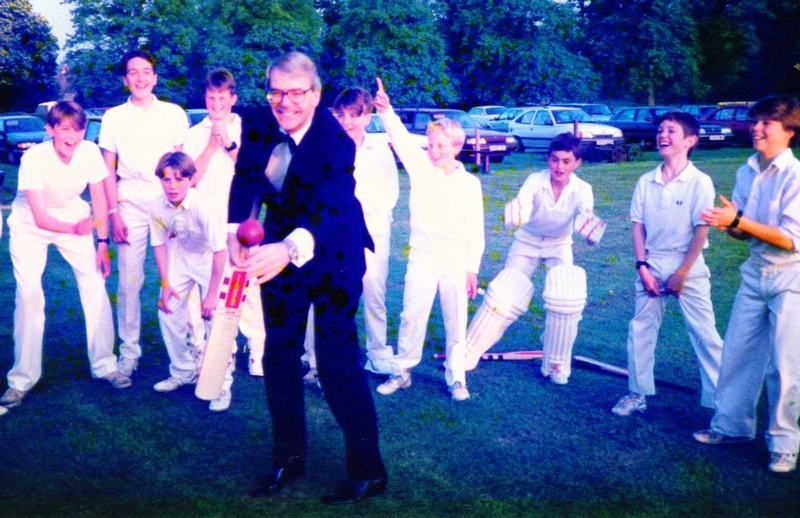
Chris Cummins
Elizabeth II: A Blank Canvas
Given his stature, let’s examine John Major’s criticism: is this too soon to watch a series focused on a woman who is fresh in her grave?
The first thing to say is this; Elizabeth II, while she was alive, was the perfect subject for fiction. She was so reserved and so cautious in her public presentation that she was to almost all of us essentially unknowable. And yet we wanted to know her, even if just to sate our curiosity. Did this face on our coins, notes, and stamps ever, like the rest of us, feel emotional or sexual longing? Did she feel hidden disappointment, or spontaneous joy?
That’s why there was a frisson of pleasure during the first four seasons following screenwriter Peter Morgan’s educated guesses on what she might have felt or said as Britain’s History unfolded around her without her really being able to do a damned thing about it. Her very reticence made it impossible to discredit Morgan’s version with counter facts and that’s why his version felt plausible. Through a fictional Elizabeth II, we had an interesting pair of eyes to watch the societal and political development of a major European country as it grappled with the loss of Empire and the loss of comforting certainties about its own identity.
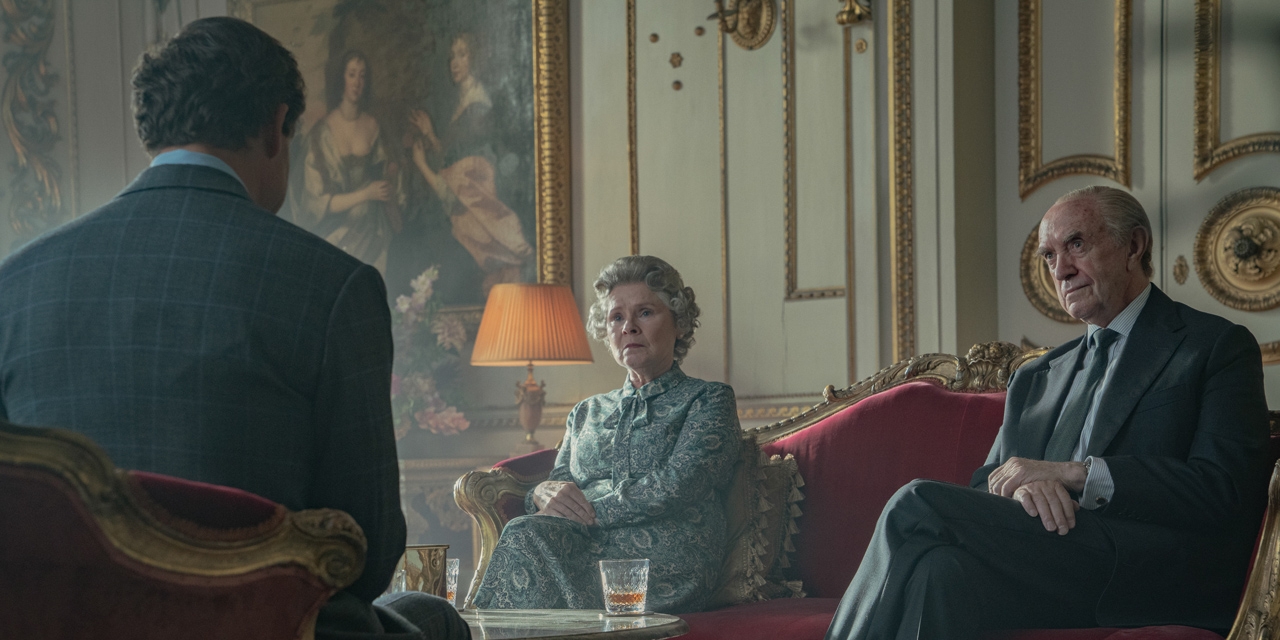
Keith Bernstein
A History Lesson
Since it first appeared on our screens in 2016, the year that Brexit made me question how and why Britain had become frankly so weird, I loved it as an entertaining way to try and understand a little more about my home country. It was a compact history lesson with nice cameos and snappy dialogue. Also, I had the very risqué pleasure of realising that, at least when she was played by Claire Foy, I rather fancied the Queen.
The only safe history is the history of events that happened before we were born; and for most of us, owing the Elisabeth II’s extraordinary longevity, that was largely true of series 1 to 4. The Queen was witnessing and reacting to events that now already seem ancient history: pea-soup smog in London, the calamity of 1950s’ foreign policy or a 1960s’ mining disaster. For the grown-ups in the room, it didn’t matter anymore if the portrayal of The Queen was true-to-life anymore that the Henry VII created by the much-missed Hillary Mantel for her Wolf Hall trilogy. It might have happened that way, and it was a good story.
Now that has changed.
Characters We Know
Season 5 starts in the 1990s. Most of the real-life personalities portrayed are still alive.
That makes the joy of speculation more difficult. Not only cricket bat signing John Major, but also Tony Blair (no cricket anecdotes to offer on him, I’m afraid) have described the portrayals of their private chats as „nonsense“.
Winston Churchill wasn’t around to dispute his simpering portray when the first season came out in 2016, so we were spared what would have surely been an eloquently angry letter to The Daily Telegraph in 1953. It’s more awkward watching a little red-haired boy and a little blond-haired boy acting out the traumatized Princes as their parents argue with passive aggression. Is Harry so weird because his dad (who is played by McNulty-got-rich Dominic West) is spending claustrophobic yachting holidays being mean to his mum (who is played with exquisite manipulative self-pity by Elizabeth Debicki)?
John Major is probably right to suggest it would be „profoundly hurtful“ to for William and Harry to watch these scenes. Indeed, it might have been traumatic for US Vice-President Dick Cheney watching a specially bloated version of Christian Bale acting out his many heart attacks in Adam McCay’s 2018 comedy drama „Vice“. I imagine Bick Dick knows where the off button is to be found on the remote controller, the Royal Family might be wise to do the same and enjoy the consolation of their mass wealth.
As an adult Harry, who just wants to make the world „a better place“, went to a fancy-dress party in a uniform of the sort of SS Nazis who murdered well over 6 million people. He was, I repeat it because it is so often forgotten, an adult at the time. He has more important issues than „The Crown“ to discuss with his well-paid therapist.
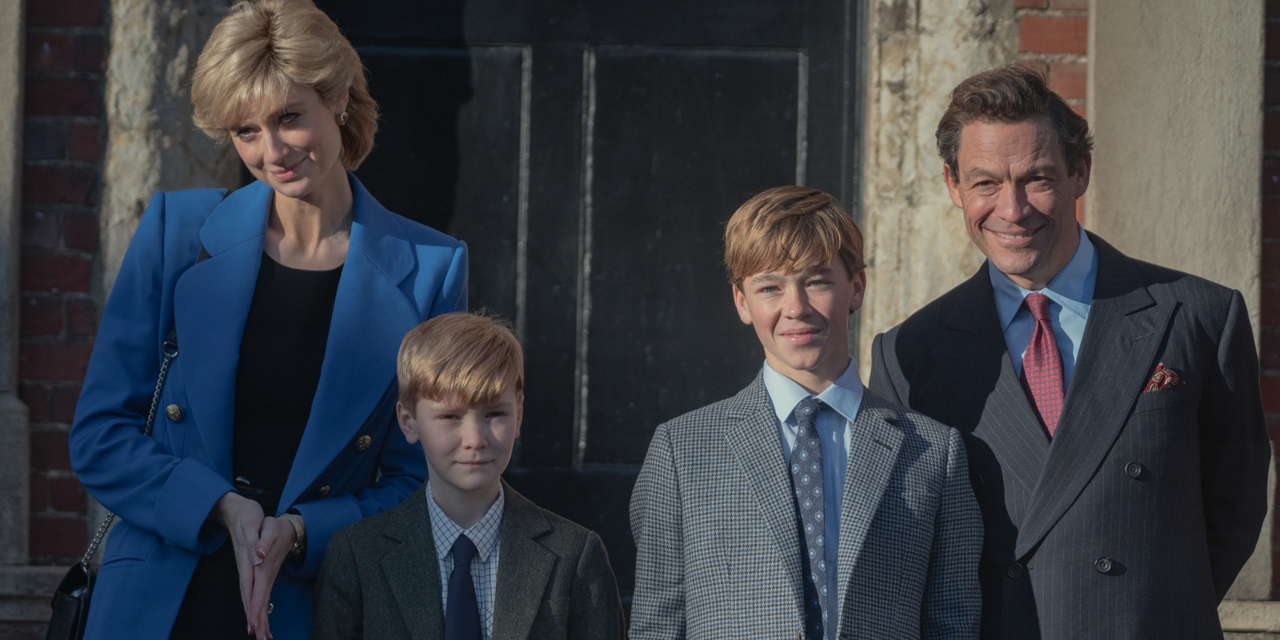
Keith Bernstein
Real Women Reduced to Saints
But it is not the characters that are still alive that have caused the controversy; of course, it is the two that have died: Elizabeth II and Diana.
When they were alive, we Brits sniped and jeered and mocked them. In Diana’s case we thirsted for lurid details of her private life so we could judge her on her morality as a mother. But then they died, and we egged each other on to ever-greater outpourings of sorrow and grief and regret and remembered that, actually, we had loved them all along.
These moments of national grief wiped away any memory we had of them as human beings, who we could imagine being crotchety and lustful and perhaps jealous. We’d created a pair of modern-day saints.
The Martyr and The Rock
Diana, in our new imaginings, became the saint who hugged those shunned by society, the poor, the ill, and dispossessed. Elizabeth II has already become the wise, stoic rock of reason who steadied the ship as Britain slowly imploded. Her first prime minister was Winston Churchill, her last was Liz Truss.
Unflinching under this colossal humiliation she was the symbol of restraint; a restraint we wished we all could show, when, instead of rising above the mess, we get entangled in petty, humiliating spats on Twitter. The Queen just silent rose above it. The was the antithesis to a drunken tweet.
No wonder we miss her. No wonder we feel a bit cross when she is portrayed as a frumpy, grumpy old nag-bag. She was our Queen. Forgive us. We are sensitive.
It’s A Soap Opera
So, listen to me, dear Austrian audience, fear not as you press the play button on „The Crown“. It is a well-filmed, well-produced series full of great mimicry. Dominic West has perfectly mastered Charles’s snotty arrogant way of speaking. Elizabeth Debicki, meanwhile, is great at mumbling bitterly about Camilla with her head lowered and a sarcastic smile. The 1990s have been recreated. It’s not a documentary, it is one man’s imaginings about events that actually rather titillated and obsessed us during that decade before we canonized the two main protagonists and forgave Camilla for using our future King as a self-confessed tampon.
It’s a soap opera, no more, no less. We Brits take it far too seriously. I’m sure that you won’t.
Publiziert am 10.11.2022







